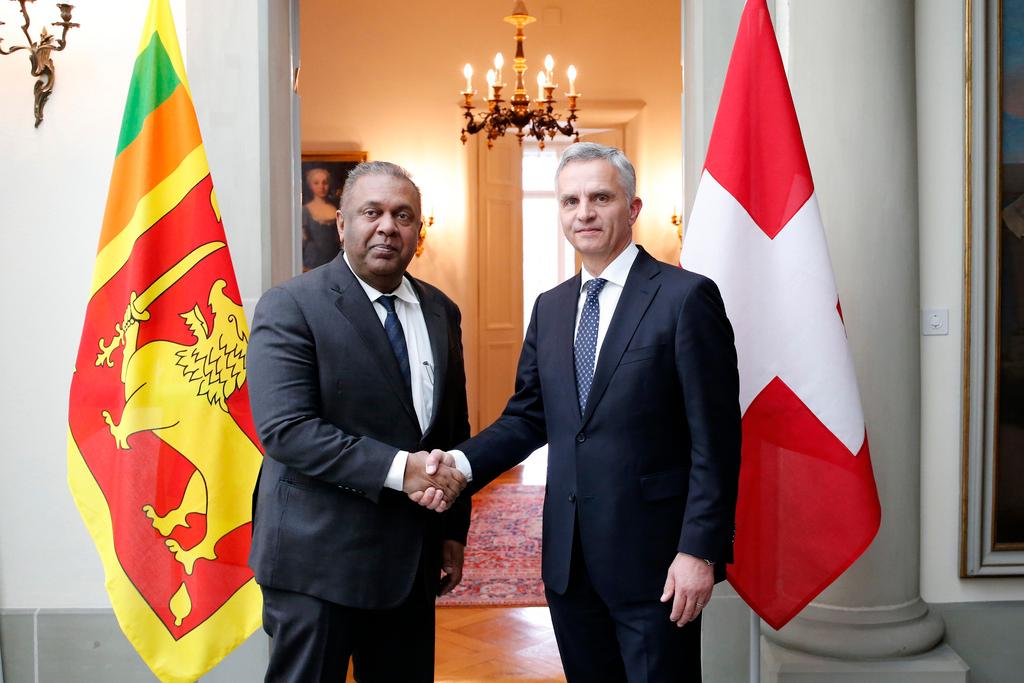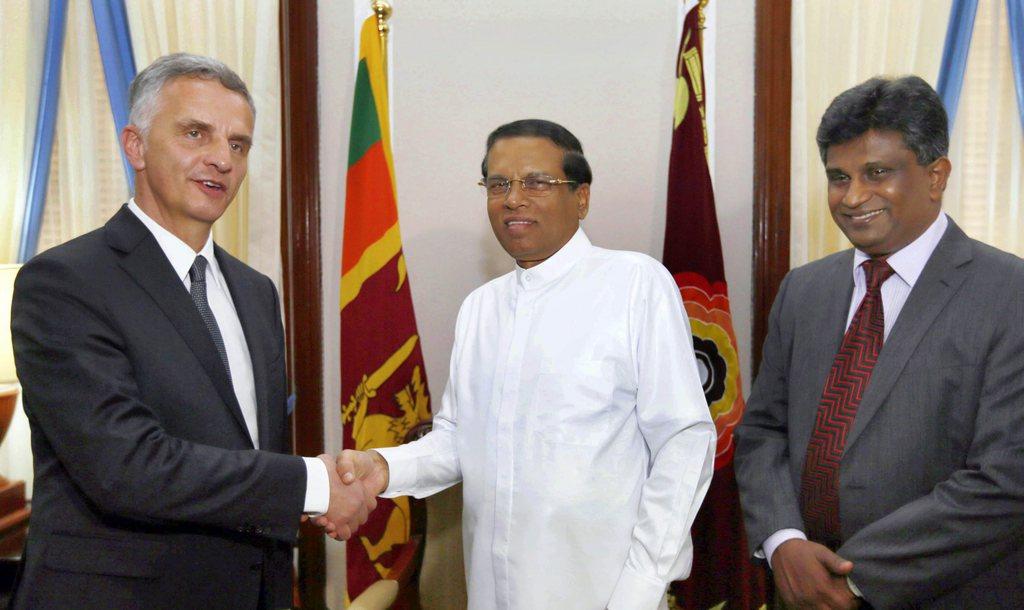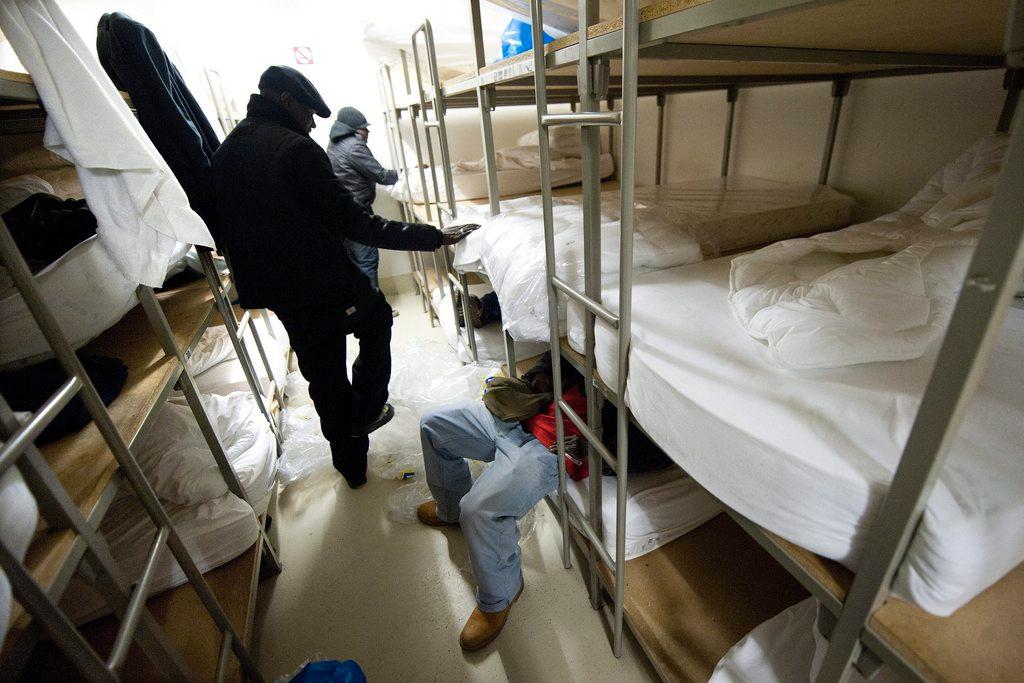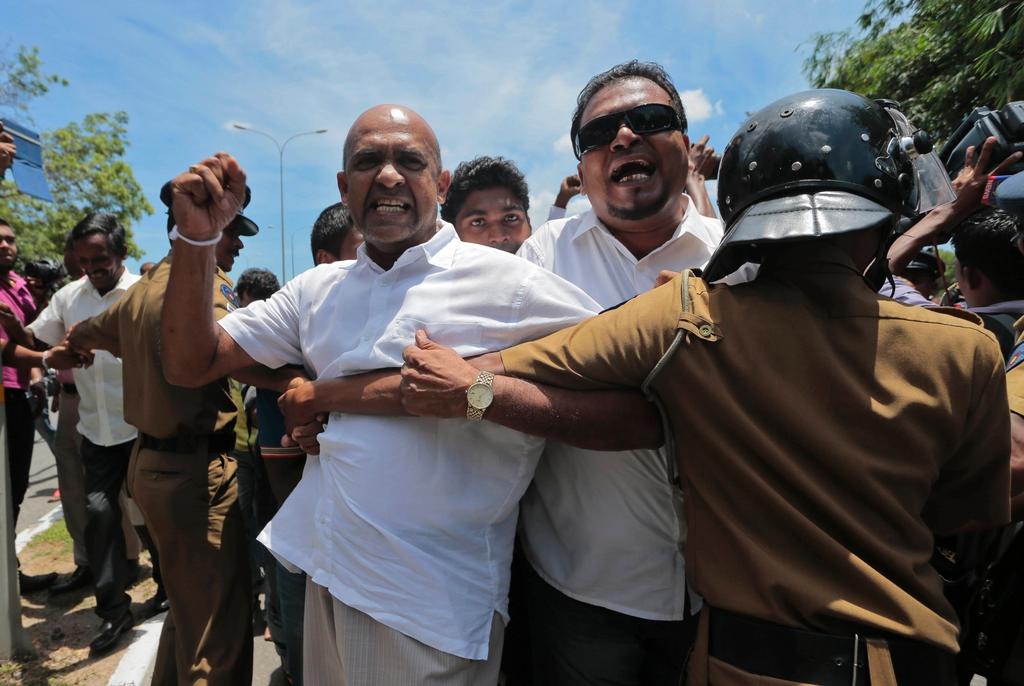Swiss NGOs warn ‘too early’ to send Sri Lankans home

During his recent visit to Bern, Sri Lanka’s foreign minister promised his citizens living in Switzerland a safe return to the island. Yet some Swiss non-governmental groups say it is still much too early for asylum seekers to go back.
Around 50,000 people from Sri Lanka live in Switzerland, mostly Tamils, who fled the island’s 30-year civil war that ended in 2009. Sri Lanka would like them to return and certain Swiss NGOs are alarmed by the prospect.
“In our view, this step comes too early,” Adrian Schuster, a Sri Lanka expert at the Swiss Refugee Council, told Swiss public radio on Thursday. “We have received reports that in 2015 returning people were arrested or abducted in Sri Lanka.”
On Thursday during his visit to the Swiss capital, Sri Lanka’s foreign minister, Mangala Samaraweera, urged citizens to return home.
“We encourage citizens to return to take part in the reconstruction of the country,” he said. “We guarantee the safety of citizens who return to the country.”
Amnesty International, however, also has serious misgivings. The general situation has improved since the launch of the reconciliation process, says Nadia Boehlen, spokesperson for the Swiss branch: “But there is an anti-terrorist law that allows the state to lock people up and the demilitarization of the North and Northeast has not yet taken place, neither have people had their land returned.”
She said a recent visit to the island confirmed that torture was still carried out.
Against will
In summer 2013, Switzerland sent back two Tamil asylum seekers who were arrested on the island. One of them remained locked up for over a year and was allegedly tortured. Switzerland reacted by stopping returns to Sri Lanka and a readmission accord was put on ice. So far, the authorities have only returned a handful of individuals to Sri Lanka against their will (six in 2015).
Samaraweera insists, however, that things have changed: “Since the change of government a year ago things are totally different. The new government does not tolerate arrests of returnees.”
Swiss Foreign Minister Didier Burkhalter believes the promises of his Sri Lankan counterpart are realistic: “I am convinced that this government is willing to ensure the safety of returnees…people can go back but one must be careful, especially in the north. But that will probably improve in the coming months.”
Migration partnership
Following their talks in Bern, the two ministers signed a memorandum of understanding on regular political consultations. They also agreed to explore the possibility of a migration partnership. Talks on technical details will be held soon.
The two ministers also agreed that in addition to cooperating on peacebuilding and human rights, there is potential for strengthening cooperation between the two countries in particular in the areas of economic relations (trade volume in 2015: CHF300 million), migration, education and cultural exchanges.
The Swiss humanitarian aid programme in Sri LankaExternal link is coming to an end this April after 13 years of reconstruction work in the wake of the tsunami and recurrent outbreaks of conflict. Swiss efforts on the island will nevertheless continue in two areas – support for emigrating Sri Lankan workers and reconciliation work.

In compliance with the JTI standards
More: SWI swissinfo.ch certified by the Journalism Trust Initiative




You can find an overview of ongoing debates with our journalists here. Please join us!
If you want to start a conversation about a topic raised in this article or want to report factual errors, email us at english@swissinfo.ch.